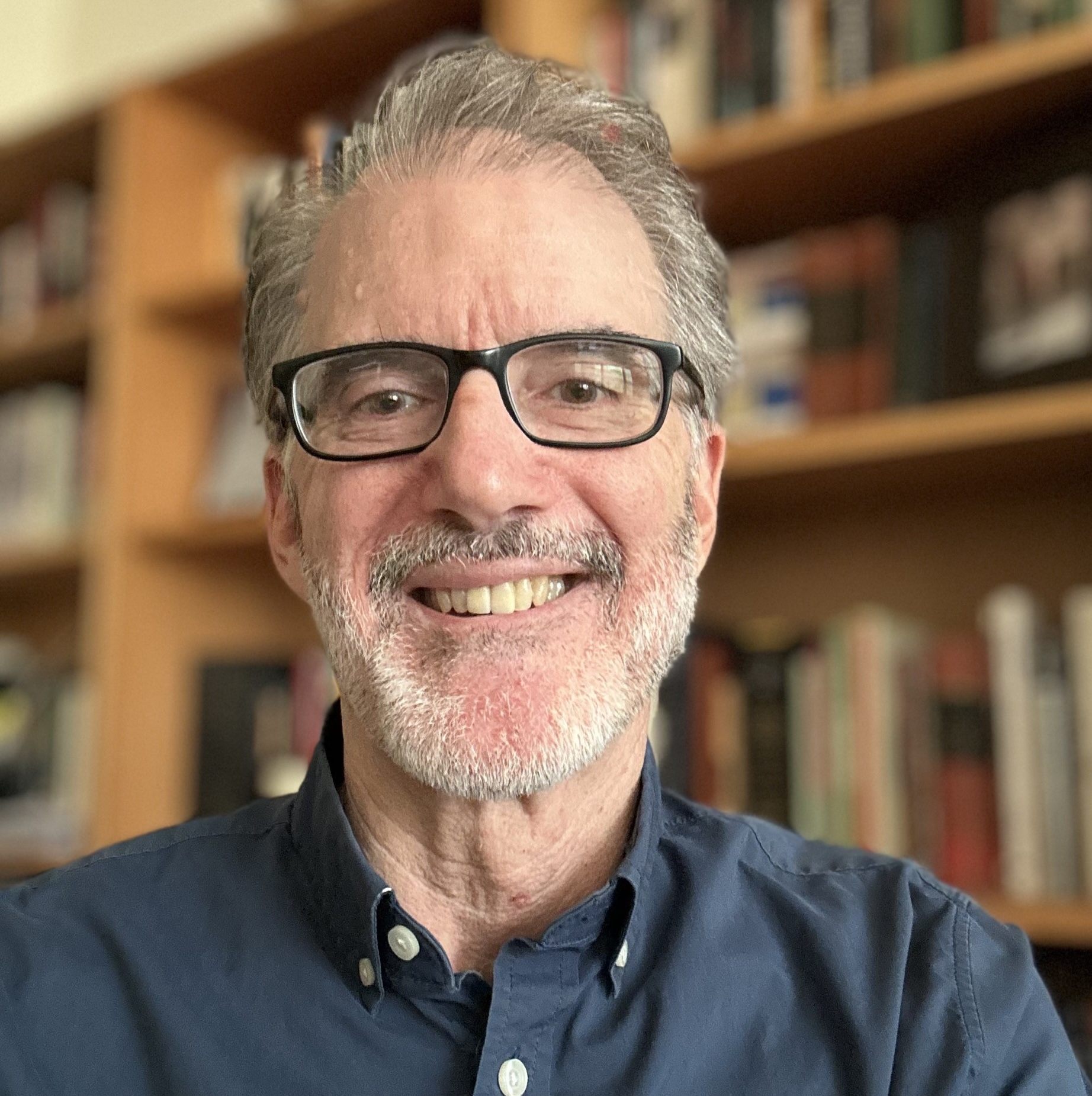FIGHTING ANTISEMITISM TODAY
The German philosopher and sociologist Theodor Adorno (1903-1969) remains famous today for his Marxist critiques of popular culture as well as for a prose style as intricately knotty as a macrame vest. Among his most characteristically memorable pronouncements was this: “The critique of culture is confronted with the last stage in the dialectic of culture and barbarism: to write a poem after Auschwitz is barbaric, and that corrodes also the knowledge which expresses why it has become impossible to write poetry today.” Less daunting than this statement is his lecture to a German audience in 1962, published in German in 1963, and here translated into English for the first time. In just over 40 pages of compelling speech, Adorno outlines the nature of antisemitism, some reasons why it persists, and why it has been long embedded in our educational institutions. Adorno argues that antisemitism often begins “in the family home.” It is reinforced in schooling. “I suspect that a considerable number of teachers still sympathize silently, tacitly, non-explicitly with antisemitism.” What is the answer? Open-mindedness, a global sensibility, and an awareness of class and cultural conflict. “Effective prevention of antisemitism is inseparable from a prevention of nationalism in all its forms. One cannot be against antisemitism on the one hand while being a militant nationalist on the other.” Following the lecture in this book is an interpretive essay by the scholar Peter Gordon, situating the talk in the context of Adorno’s larger concerns with “group solidarity.” “The warm feeling of a collective bond,” Gordon writes, increases when the group expels those “who bear the stigma of difference.” Delivered over 60 years ago, Adorno’s lecture could be heard as fresh news today.


The German philosopher and sociologist Theodor Adorno (1903-1969) remains famous today for his Marxist critiques of popular culture as well as for a prose style as intricately knotty as a macrame vest. Among his most characteristically memorable pronouncements was this: “The critique of culture is confronted with the last stage in the dialectic of culture and barbarism: to write a poem after Auschwitz is barbaric, and that corrodes also the knowledge which expresses why it has become impossible to write poetry today.” Less daunting than this statement is his lecture to a German audience in 1962, published in German in 1963, and here translated into English for the first time. In just over 40 pages of compelling speech, Adorno outlines the nature of antisemitism, some reasons why it persists, and why it has been long embedded in our educational institutions. Adorno argues that antisemitism often begins “in the family home.” It is reinforced in schooling. “I suspect that a considerable number of teachers still sympathize silently, tacitly, non-explicitly with antisemitism.” What is the answer? Open-mindedness, a global sensibility, and an awareness of class and cultural conflict. “Effective prevention of antisemitism is inseparable from a prevention of nationalism in all its forms. One cannot be against antisemitism on the one hand while being a militant nationalist on the other.” Following the lecture in this book is an interpretive essay by the scholar Peter Gordon, situating the talk in the context of Adorno’s larger concerns with “group solidarity.” “The warm feeling of a collective bond,” Gordon writes, increases when the group expels those “who bear the stigma of difference.” Delivered over 60 years ago, Adorno’s lecture could be heard as fresh news today.















_2.jpg)

.jpg)








![Winning The Link Game: How To Create & Pitch Content That Attracts Incredible Links [Webinar] via @sejournal, @hethr_campbell](https://www.searchenginejournal.com/wp-content/uploads/2025/04/featured-1-731.png)






















![The 11 Best Landing Page Builder Software Tools [2025]](https://www.growthmarketingpro.com/wp-content/uploads/2024/04/best-landing-page-software-hero-image-1024x618.png?#)

















































![How to Align Your SEO Process With AI Discovery [Infographic]](https://imgproxy.divecdn.com/9P2R5ZZoepHyBzf0CW-n2EgWRhr-_OdwsznROe_GvnM/g:ce/rs:fit:770:435/Z3M6Ly9kaXZlc2l0ZS1zdG9yYWdlL2RpdmVpbWFnZS9haV9zZWFyY2hfaW5mbzIucG5n.webp)


































